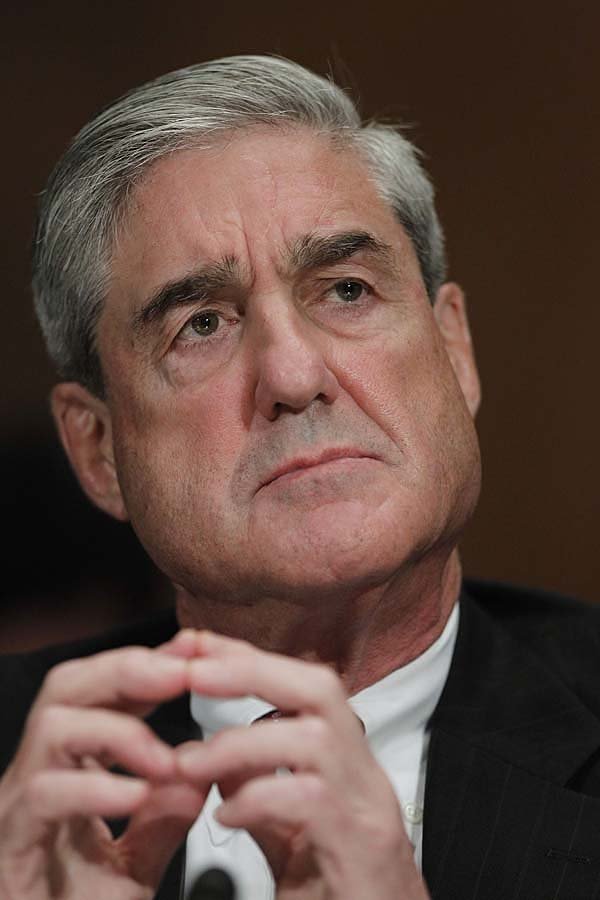WASHINGTON — FBI Director Robert Mueller told Congress on Wednesday that he doesn’t know how many of his agents cheated on an important test about the limitations of the bureau’s powers to conduct surveillance and open cases without evidence that a crime has been committed.
The Justice Department inspector general is investigating whether hundreds of agents cheated on the test. Some took the open-book test together, violating rules that they take it alone. Others finished the lengthy exam unusually quickly, current and former officials said.
The test was supposed to ensure that FBI agents understand new rules allowing them to conduct surveillance and open files on Americans without evidence of criminal wrongdoing. If agents can’t pass that test without cheating, civil-liberties groups ask, how can they follow them?
Asked about an Associated Press report about the cheating investigation, Mueller said he does not know how widespread the problem was.
“I’ve got a general idea, but I do not know how many,” Mueller testified. “And I am not certain the IG knows how many either. He has pointed out instances orally to me where there may be persons in a particular office where it was widespread and may be attributable to a lack of understanding and confusion about the procedures.”
In Columbia, S.C., for instance, agents said they got approval from the FBI policy office to print the test in advance and use it as a study guide, according to a letter to the inspector general from the FBI Agents Association. The head of the policy office later said that wasn’t true, the letter said.
“There are similar stories for practically every office, demonstrating the pervasive confusion and miscommunication that existed,” Konrad Motyka, the association’s president, wrote May 13 in the letter obtained by The Associated Press.
Mueller told Congress that, despite the cheating investigation, the FBI understands the rules and is following them.
“I do believe that our work force absolutely understands what can be investigated, how it must be investigated, what predication is necessary for a particular investigation in this day and age,” Mueller said.
Mueller, himself, appeared shaky on the rules during the questioning, however. He told Sen. Dick Durbin, D-Ill., that the FBI cannot conduct surveillance unless it suspects wrongdoing. FBI rules require no such standard. They allow agents to conduct surveillance proactively, without any evidence that a crime has been committed.
After the hearing, the FBI said, Mueller sent a note to Durbin saying he misspoke. The FBI must have a proper purpose before conducting surveillance, but suspicion of wrongdoing is not required, he said.
Under the Domestic Investigations and Operation Guidelines, FBI agents can also consider race when opening early inquiries. For instance, the FBI could look into whether the terrorist group Lashkar-e-Taiba had taken hold in a city if it had a large Pakistani-American presence.
The cheating investigation has heightened skepticism that the FBI understands its own policies.
“They’re not actually even doing their homework to know what the rules say,” said Michael German, policy counsel at the American Civil Liberties Union and a former FBI agent.
Depending on the outcome of the cheating investigation, agents could be disciplined or fired.
Motyka’s letter urges the inspector general to focus instead on what he called the “systemic failure” of administering the test without consistent rules. FBI agents should not be punished “because of a failure to effectively communicate the rules,” he wrote.
Front Section, Pages 6 on 07/29/2010
